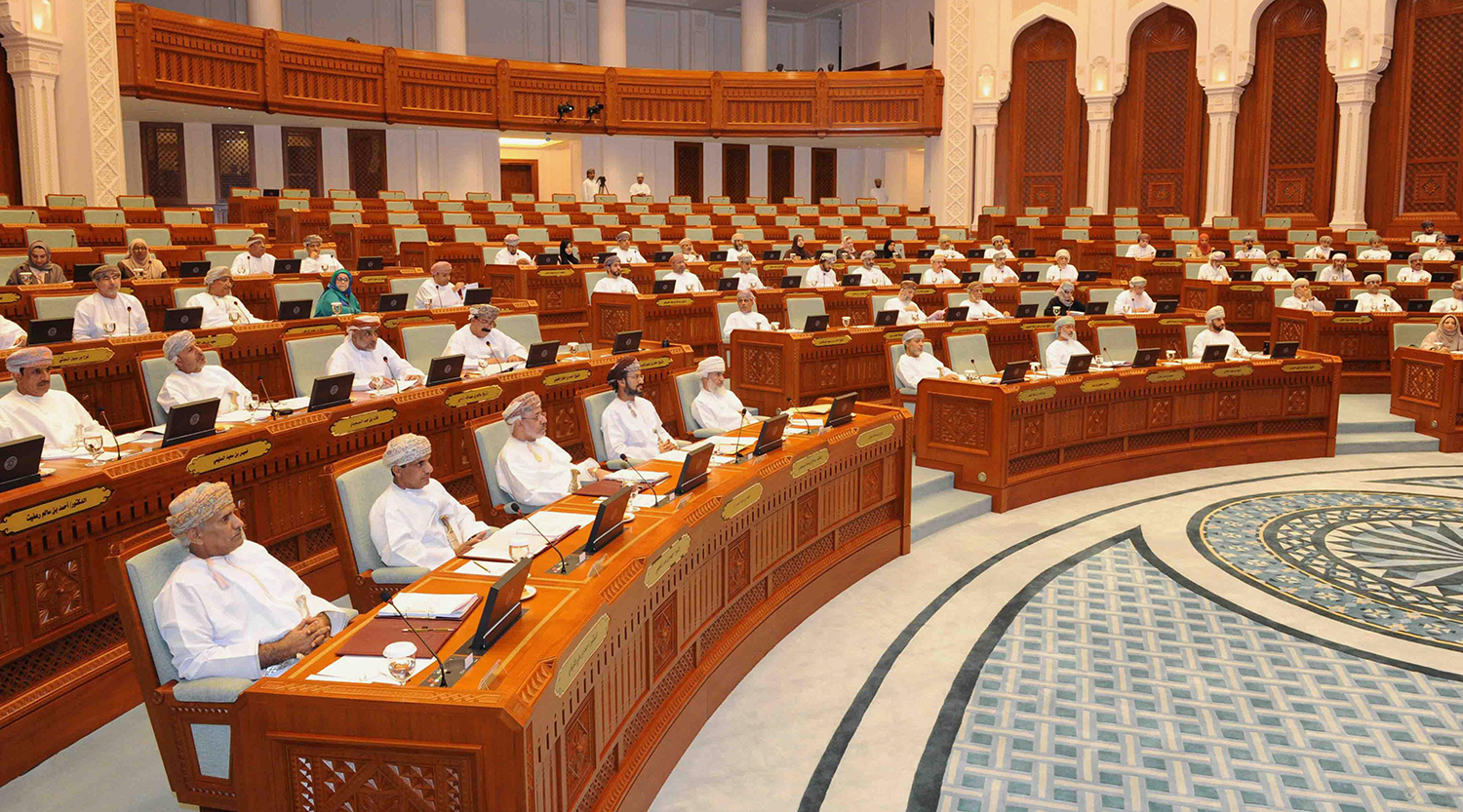

MUSCAT: The State Council on Tuesday approved the study of the Social Committee on “Policies for the Promotion of Health (Non-communicable Diseases)”, taking into account the comments of the members and forming a technical drafting committee to include their views.
It also approved the joint committee report of the State Council and Majlis Ash’shura on the draft law on Cultural Heritage Law and protection of Aflaj sites listed on the World Heritage list.
Dr Yahya bin Mahfoudh al Mantheri, State Council Chairman, is his opening address congratulated the members ahead of the holy month of Ramadan and prayed for blessings for His Majesty Sultan Qaboos, the Omani people and the Islamic nations.
He also welcomed the delegation of the Moroccan side of the Friendship Committee between the State Council and the Council of Counsellors of Morocco, who attended part of the session.
Dr Hamed Sulaiman al Salmi, Head of the Social Committee, delivered a speech in which he pointed out that the promotion of health is vital for the society.

He pointed out that the study was limited to non-communicable diseases like cardiovascular diseases, cancer, tumors, chronic respiratory diseases and diabetes, which are common in the Sultanate.
Al Salmi explained that the committee hosted a number of relevant bodies in health promotion efforts and discussed with them the factors that contribute most to the incidence of these diseases, including nutrition patterns, level of physical activity, smoking and environmental factors.
The healthcare sector must be supported by legislation and policies to ensure healthy and informed health practices.
Dr Aisha Ahmed Yousuf al Washahi, member of the Social Committee, reviewed the main indicators of the study.
The study indicates that in the last few decades the Sultanate witnessed unprecedented social, economic and health developments, which reflected positively on the indicators of the population, according to which the Sultanate has been classified as one of the developed countries in the field of primary health services worldwide.
Most infectious diseases have been controlled and eliminated, resulting in a reduction in neonatal mortality rates and a significant increase in life expectancy.
The incidence of non-communicable diseases and lifestyle-related diseases has become increasingly alarming as the resulting deaths accounted for 68 per cent in 2014. Cardiovascular diseases and cancer are the leading causes of these deaths in the Sultanate’s hospitals.
Non-communicable diseases, where, according to WHO projections, the annual number of deaths from non-communicable diseases will rise to 55 million by 2030.
She pointed out that the increasing rates of non-communicable diseases in society is an economic burden on the state.
The study reviewed the challenges facing the application of health promotion in the Sultanate, namely the absence of a law to regulate the tobacco trade and its uses, in addition to the absence of tax procedures on some products related to these diseases such as soft drinks and sugar, and weak implementation of legislation related to national obligations for the prevention and control of non-communicable diseases, poor coordination and limited cooperation between the concerned authorities to activate the national plan to combat non-communicable diseases adopted by the Supreme National Committee for multidisciplinary non-communicable diseases, and the lack of sufficient qualitative data.
The Committee highlighted the importance of developing qualified and specialised human resources in areas related to health promotion, supporting studies and research in this area, and increasing the financial resources allocated to the prevention and control of non-communicable diseases through innovative mechanisms for funding related programmes.
The Committee’s recommendations included the adoption of the road map of the World Health Organization to reduce the effects from environmental pollution.
Oman Observer is now on the WhatsApp channel. Click here



